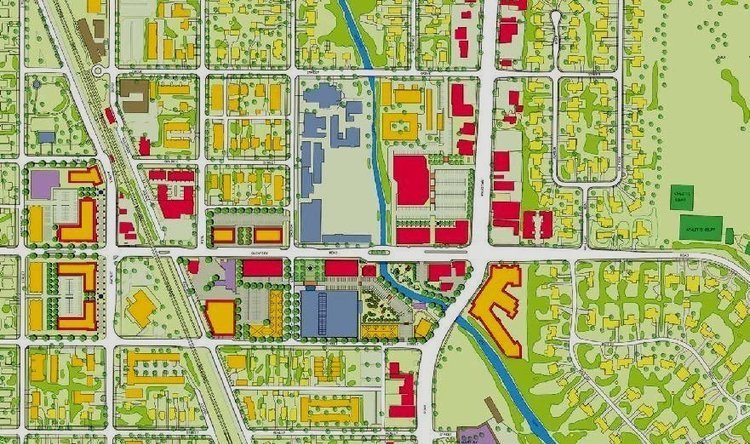
Cityland Essays:
Learn to Practice
(and practice to learn)
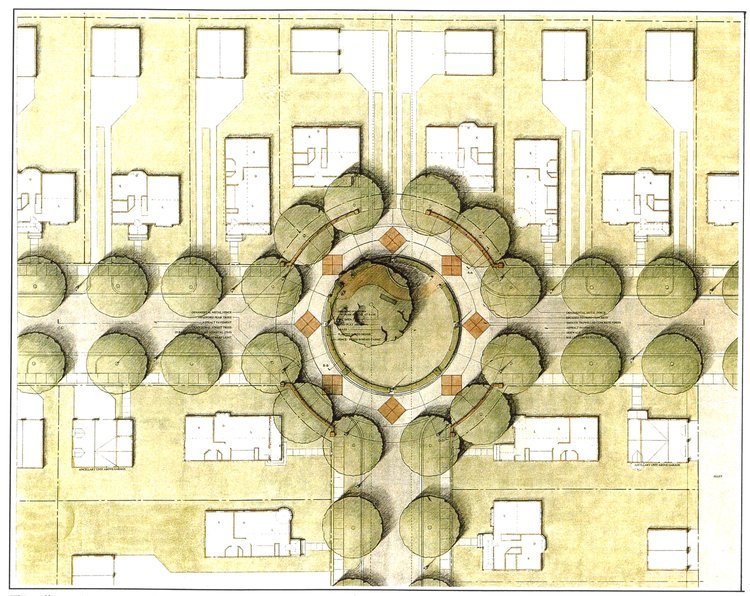
Introduction
In 1972 I started to teach urban design and physical planning. A few years later I was invited to write a chapter on “physical planning” which appeared in a textbook entitled “Introduction to Urban Planning” (Catanese and Snyder). Today, fifty years later….

Learn to Draw the Plan
Newcomers to city planning should think of plans as a combination of geometry and geography. Planners draw points, lines, and planes – not on a sheet of paper but on the geography of the land.
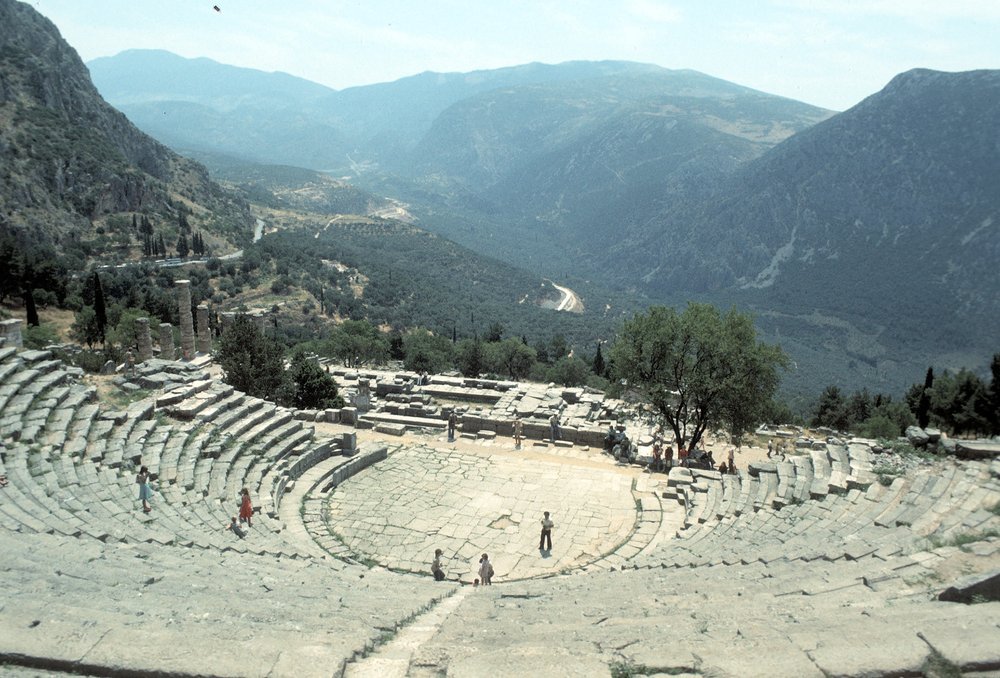
Solve Problems With Skill And Talent
In planning practice, the places, services, programs, and policies in a city must be integrated. Different municipal departments or state agencies may work in isolated “silos” that separate decisions about utilities, circulation, social and economic activity, environmental conditions, and visual appearance. Ideally these different areas of planning should be integrated….
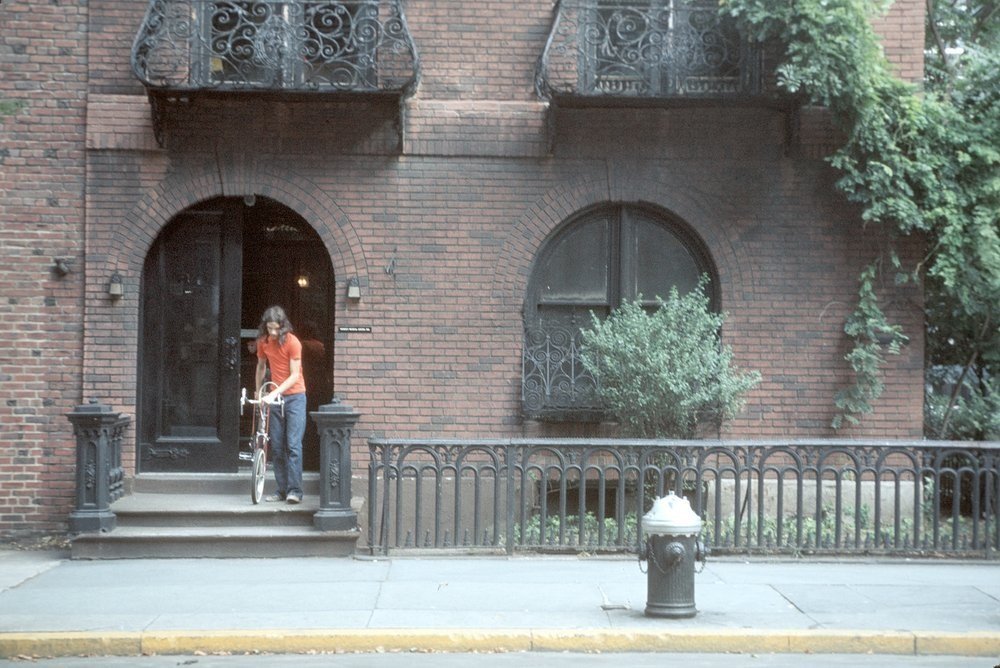
Find The Right Place To Work
Planners usually work with teams in specific organizations. Different work environments suit different people. In the planning profession the type of organization in which you work has a dramatic impact on the types of projects you engage …
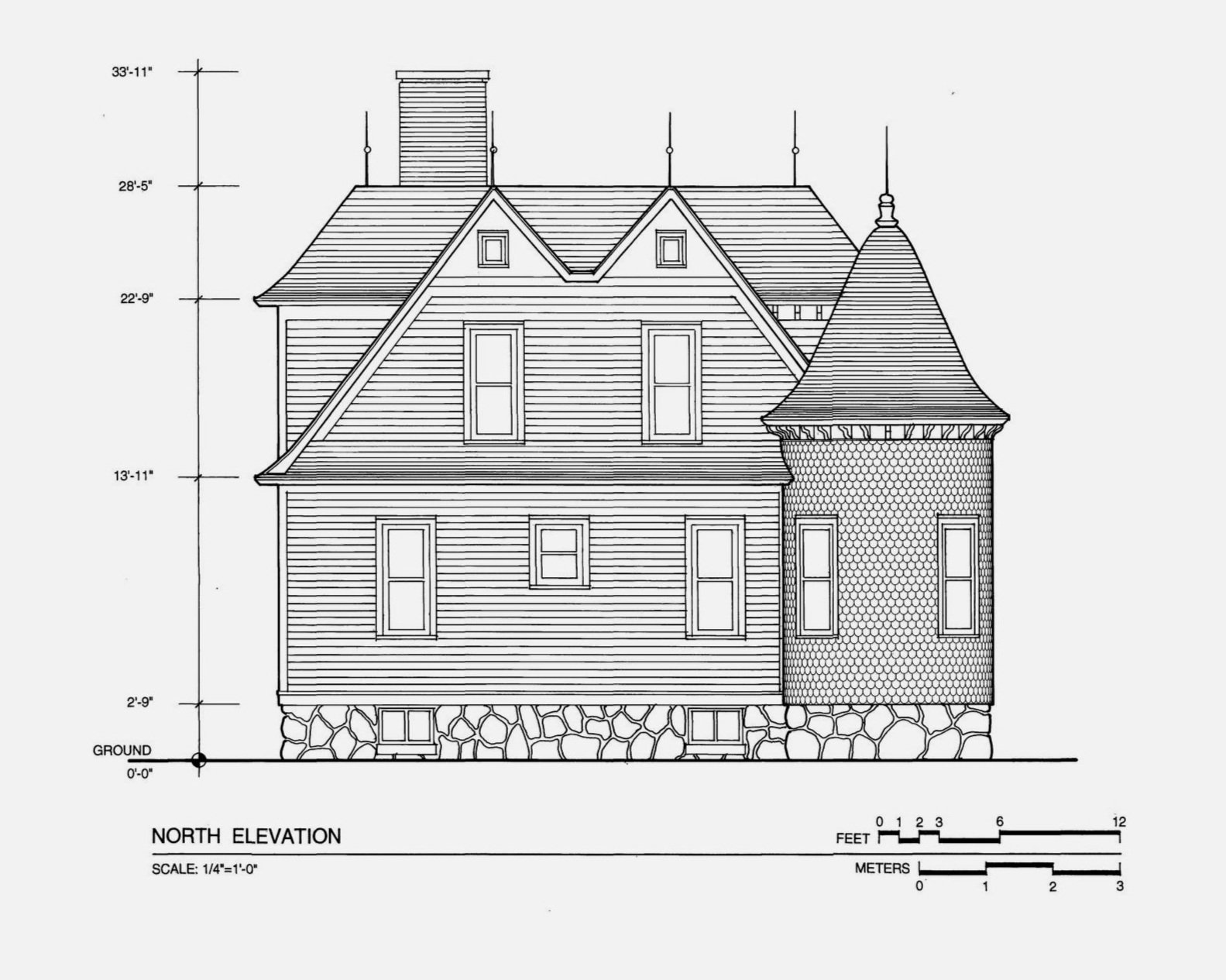
Make Useful Documents
Over the decades several types of planning documents have dominated the planning profession. The names change slightly but the contents stay fairly constant. For example, the “comprehensive plan” (also called a “master plan” or “general plan”) has been the historic mainstay of American city panning. …